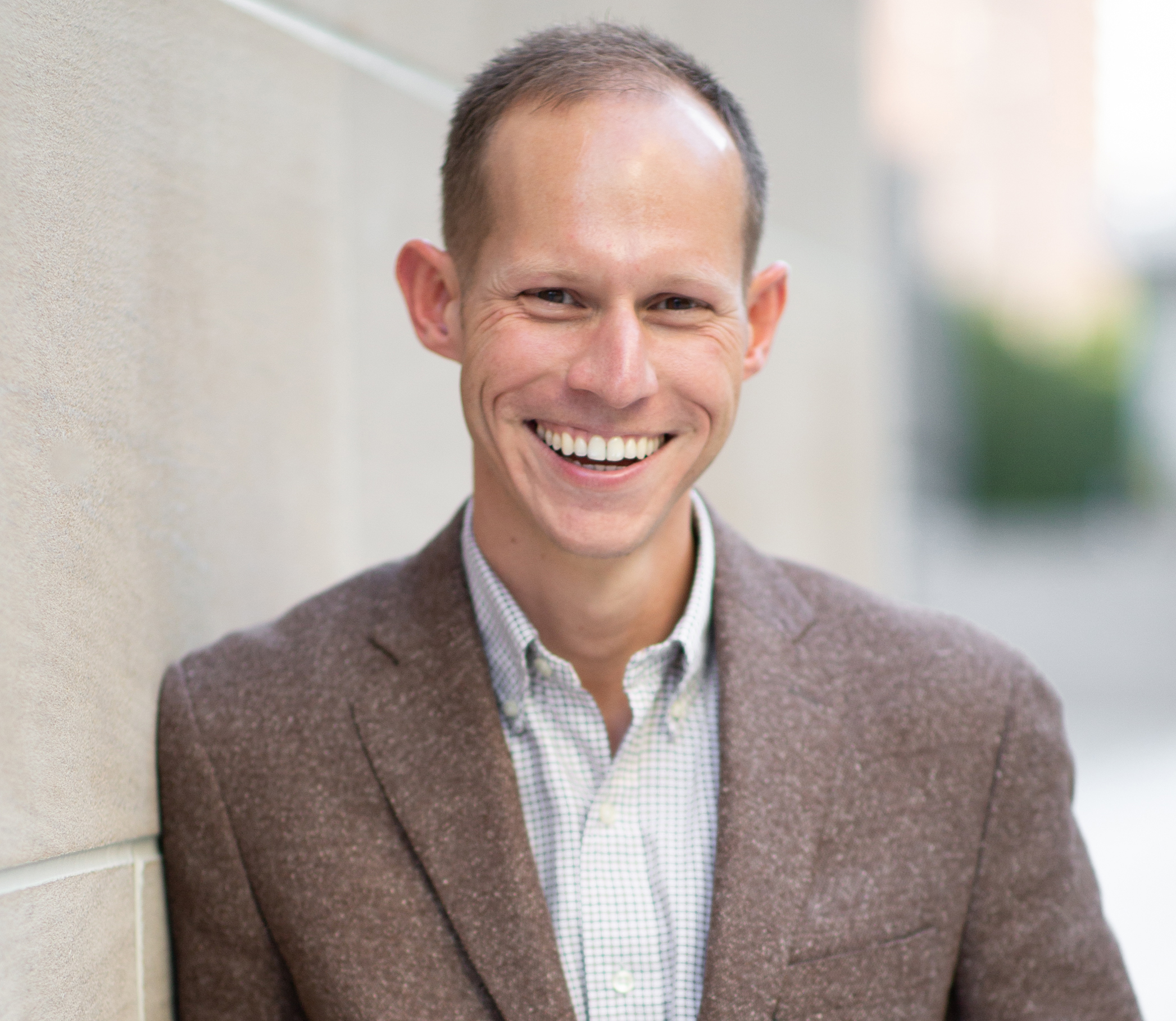In the constant deluge of media consumption—whether it’s the endless TikTok scroll, binge-worthy TV series, or the latest true-crime podcast—stories are dynamic forces at work. They serve as an undercurrent, pulling at our convictions and perspectives.
As Christians, it’s essential that our imaginations are cultivated to serve as a counternarrative to foul stories, reshaping and reclaiming the world around us. But how are we supposed to achieve this?
Consider this exchange from earlier this year on social media: “What work of fiction changed your worldview the most?” someone asks, prompting another to respond, “No work of fiction should alter our worldview. As a Christian, my perspective is solely shaped by Scripture.”
This dialogue sparks an intriguing question: Does the formation of a Christian worldview rely exclusively on Scripture, or can fiction play a role?
Within the academic realm of narrative theory, a debate arises concerning the Christian imagination between Plato’s straightforward narrative mode, diegesis, and Aristotle’s imitation, mimesis. Simplified, this debate questions whether truth, insofar as it shapes a worldview, should be merely dictated, or if it is okay to illuminate it through lifelike storytelling.
I propose that embracing “narrative imitation” (mimesis) is a helpful tool for spiritual growth in the life of the Christian so long as it is guided by Scripture. In essence, there’s value in showing, not just telling (James 2:14-26). While direct teaching is indispensable—as the Scriptures display—accentuating truth within imaginative narratives enables meaningful resonance and connection. The Scriptures themselves affirm the significance of our imagination, challenging the notion of a strict, in-a-vacuum choice between Scripture or fiction for worldview-shaping. Indeed, God designed us to engage with narrative in meaningful, formative ways.
Click Here to Read More (Originally Published at The Baptist Review)
Jared Wellman has served as a Lead Pastor in Texas since 2003. He’s holds Bachelor’s and Master’s degrees from Criswell College in Dallas, Texas, and a Ph.D. from South Africa Theological Seminary. He is currently in the dissertation phase for a Ph.D. in Apologetics at Southern Seminary. He lives with his wife, Amanda, and four children in the Dallas-Fort Worth metroplex.

